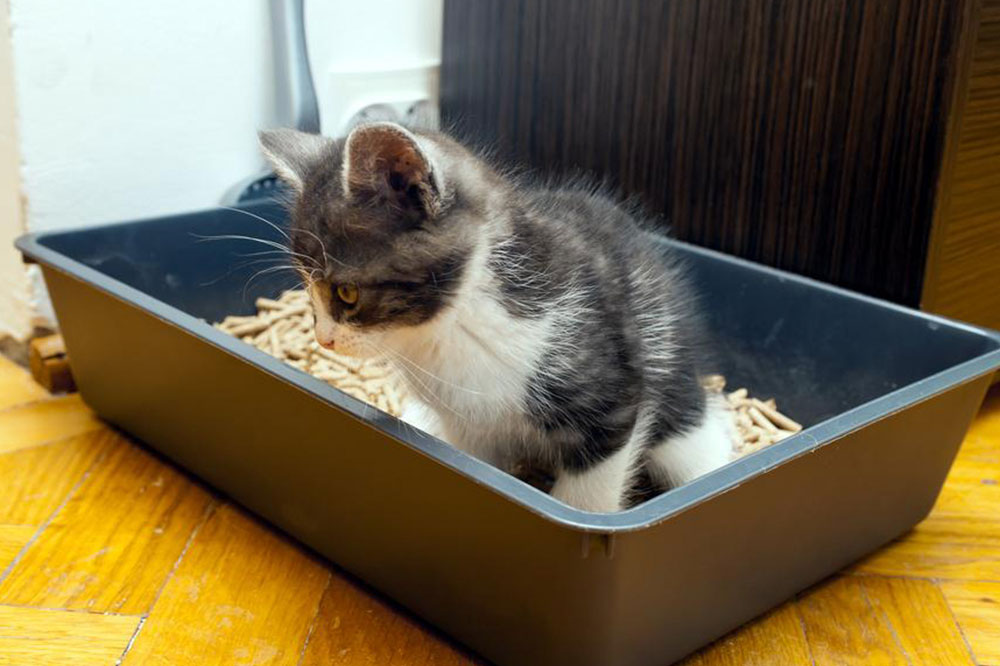
Understanding Food Allergies in Cats
Just like humans, pets can also have allergies to various things including food. This article on the symptoms and triggers for food allergies in pets explains food allergy problems faced by cats. A food allergy is a reaction to food. The immune system may perceive a particular food as a threat. The immune system would then react to this allergen by trying to fight it. Generally, this reaction occurs because of a protein in the food, which the immune system perceives a threat. The reaction of the immune system leads to various symptoms. This is essentially the immune system trying to expel the allergen from the body.
It is still not clear why certain foods trigger an allergic reaction in cats. There could be diseases, inflammation, or other problems in the digestive system that cause an allergy. Also, certain breeds of cats like the Siamese are more prone to food allergies.
Common Symptoms
The symptoms and triggers for food allergies in pets vary from one animal to another. What causes an allergy in one cat may not affect another. Commonly, a trigger to food allergies can lead to the following symptoms in cats
- Vomiting or diarrhea
- Flatulence
- Coughing, sneezing, and breathing difficulties
- Itching leads to scratching and injuries
- Skin becoming inflamed and red
- Ear problems
- Hair loss due to scratching
- Swollen paws
- Fur texture changing and becoming coarse
Which Foods are Cats Allergic to?
Some of the common foods that can be a trigger to allergy include
- Seafood
Cats love fish and other seafood. Sometimes fish can trigger allergic reactions. All types of fish may not lead to a reaction. It is important to find out which one does. - Milk products
Cats liking milk is a common myth. In reality, many cats are lactose intolerant. Excess consumption of milk and milk products can cause a food allergy, leading to digestive problems. - Meat
Meats like beef may contain proteins that the immune system considered a threat, causing a food allergy. Such meat foods need to be identified. - Corn products
Certain corn products are used in some cat foods. Some cats can be allergic to corn, leading to allergic reactions. - Preservatives
Canned food may have preservatives. These can trigger a food allergy in most cats. - Artificial coloring
Artificial food coloring is used to make food look appealing. This can trigger an allergy in some cats.
Treating Allergies in Cats
Food allergies generally cannot be cured. If a cat is allergic to a food, it is most likely that this allergy would remain for a lifetime. The only solution is to identify which food is causing the allergy and then eliminate that food from the diet. Symptoms and triggers of the food allergies in cats can be treated by a vet with medicines like antihistamines, steroids, and other such medicines.
The information provided herein on the symptoms and triggers for food allergies is very useful for cat owners so that the symptoms can be prevented.


